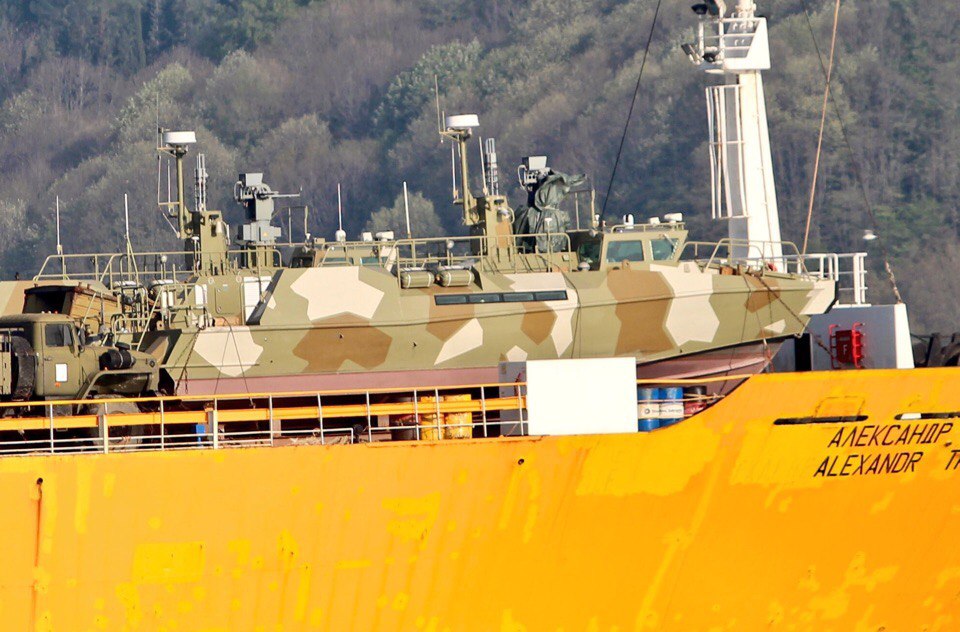Most Chemical Attacks in Syria Get Little
Attention. Here Are 34 Confirmed Cases.
A suspected chemical attack that killed dozens of Syrians in Douma, a rebel-held town near Damascus, drew promises of retaliation from President Trump days after he instructed his military commanders to quickly end American involvement in Syria.
But if chemical weapons were used in the attack — which Mr. Trump blamed on the Syrian government as well as its Russian and Iranian allies — it would be the latest in a string of such attacks in Syria in the last five years. Syria, Russia and Iran all denied that the Syrian government used chemical weapons.
The Independent International Commission of Inquiry on the Syrian Arab Republic says it has confirmed at least 34 chemical attacks since 2013, many of which it said used chlorine or sarin, a nerve agent, and were conducted by the Syrian government. The commission, which is currently investigating the attack on Douma, is an independent body established by the United Nations Human Rights Council to investigate human rights violations in Syria.
The New York Times |Source: Independent International Commission of Inquiry on the Syrian Arab Republic
It is likely that there have been more than these 34 confirmed chemical attacks in Syria. Rolando Gomez, a spokesman for the United Nations Human Rights Council, said that the commission was unable to verify reports of chemical attacks in 2015 because of a lack of access during that time.
Human Rights Watch has reported that there have been 85 chemical attacks since 2013, based on its analysis of reports verified by various sources, including United Nations investigations and Amnesty International.
And the American ambassador to the United Nations, Nikki R. Haley, accused the Syrian government on Friday of using chemical weapons at least 50 times since 2011.
“Syria’s widespread use of chemical weapons against civilians is relatively unusual,” Emma Ashford, a research fellow with the Cato Institute, said in an email. “Chemical weapons are far more effective as a tool of terror than as a battlefield weapon,” she added.
The use of chemical weapons in Syria has drawn widespread condemnation and media coverage since an Aug. 2013 sarin attack in Ghouta killed 1,400 people. Less than a month later, the Syrian government signed the Chemical Weapons Convention under pressure from the United Nations Security Council. President Barack Obama was criticized at the time for not directly retaliating militarily even after he had drawn a “red line” around chemical weapons use.
Then, in April 2017, sarin was used again in an attack on Khan Sheikhoun, in northern Syria, that killed more than 80 civilians. Mr. Trump ordered missile strikes on a Syrian air base in response and, since then, “there haven't been reliable or verified reports of the Syrian government again employing sarin gas,” Sam Heller, a senior analyst at the International Crisis Group, said in an email.
But neither Mr. Obama’s diplomatic approach nor Mr. Trump’s strikes worked to stop Syria’s use of chemical weapons. According to the commission, the Syrian government has continued to use chlorine as a weapon, seemingly without consequence. (Chlorine is much less toxic than sarin and therefore draws less attention.)
If Mr. Trump strikes again as he has promised, “this time the reaction will be larger by all accounts but I don’t think the outcome will be different,” said Aaron Stein, a resident senior fellow at the Atlantic Council, a think tank.
More than 120,000 civilians have been killed by violence, mostly by conventional, nonchemical weapons, in Syria since 2011, according to the Violations Documentation Center.
“Yet it seems like the international community is primarily concerned with preserving the taboo over the use of chemical weapons, not with civilian deaths,” Ms. Ashford said.
https://www.nytimes.com/interactive...east/syria-chemical-attacks-maps-history.html
















